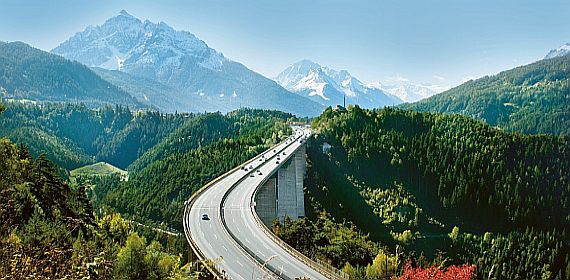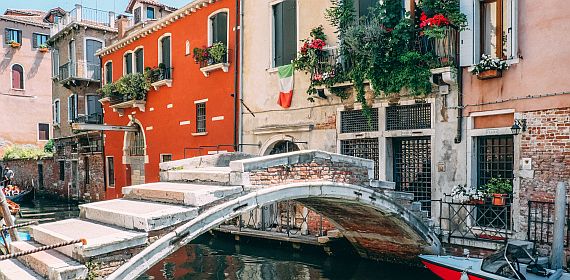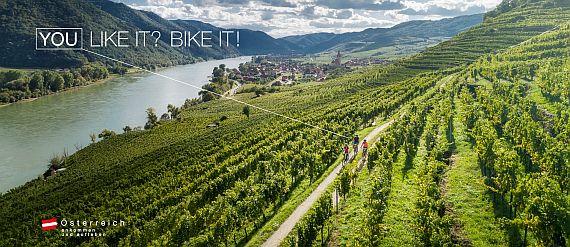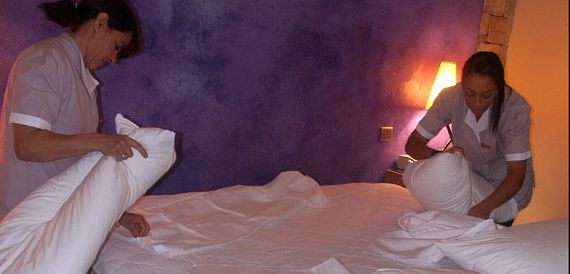
News & Stories
London. Hotel prices in the world's major cities will rise in 2020, but moderately or not at all - due to the global hotel construction boom and tensions in international trade.
Chicago. Attention, mainstream: Depending on their country of origin, business travelers have different requirements for hotels, ranging from booking behavior and the willingness to experiment with new ideas to expectations in terms of hardware and service.
Salzburg. This initiative is causing much discussion during the holiday season: For the first time, the Austrian federal states Tyrol and Salzburg have issued a ban on leaving motorways during the main season. They want to protect their small villages from motorcades. The government has announced extensive controls but has not inflicted any fines yet – due to political controversies between the two federal states and bordering Bavaria. The victims here are the holidaymakers.
Milan. Hospitality investors, and especially those with international capital, are still focused on Italy's so-called "Big 4" destinations Milan, Rome, Venice and Florence. Nonetheless, core investments are growing, while even small properties under 100 rooms are under their magnifying glass now. All in all, the asset class hotel has become more appealing: Ten years ago, hotels counted for about 6% of the overall investment in Italian real estate, now it's 15%. Italy's hotel image continues to be positive.
Southlake. Sabre Corporation developed new Content Services for Lodging. This new solution will power agency and corporate booking tools, integrating traditional GDS content from hoteliers alongside content from Booking.com, Bedsonline, and Expedia Partner Solutions.
Brussels. Tell me where you fly, I'll tell you if it will be a successful destination. That's basically what the recent report on behalf of the non-profit European City Marketing organization, is trying to find out. Istanbul, Barcelona and Budapest are likely to be the best performing European destinations this summer.
Frankfurt/Main. A merger has been initiated in the business travel sector. American Express Global Business Travel from Frankfurt/Main will take over DER Business Travel from Cologne. With this move, the business travel expert aims above all to gain a new clientele.
Vienna. The quick end of Vienna's centre-right government headed by Sebastian Kurz leaves Austria's tourism businesses perplexed: Many things, which were already celebrated as success for the industry, have not been decided yet, including tax reliefs for employees and businesses as well as the mandatory registration for Airbnb hosts. So far, the Ibiza scandal with the resulting break-up of the government has had a great impact on tourism. In the meantime, Austria's hospitality representatives have started sorting the broken pieces.
Capri. A general reduction in fiscal pressure, more incentives for investment and stronger efforts to fight illegal accommodation, as well as an increased commitment towards the renovation of transport networks and infrastructure. Italian hotel operators repeated this mantra at the recent general assembly of Federalberghi, the largest national hotel association. This year, the event was held on the island of Capri. There, the association's President, Bernabò Bocca, had the rare occasion to list all the sore points of the industry before the Italy's Minister of Tourism, Gian Marco Centinaio. Facing the hoteliers, he himself admitted to several failures.
Frankfurt. At IMEX Frankfurt, which took place this week, its visitors appreciate the added value offered by training courses and discussion forums, among other things. ccor & meetago, Radisson, Dorint and Four Seasons have introduced new partnerships and programs.




